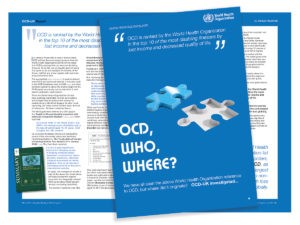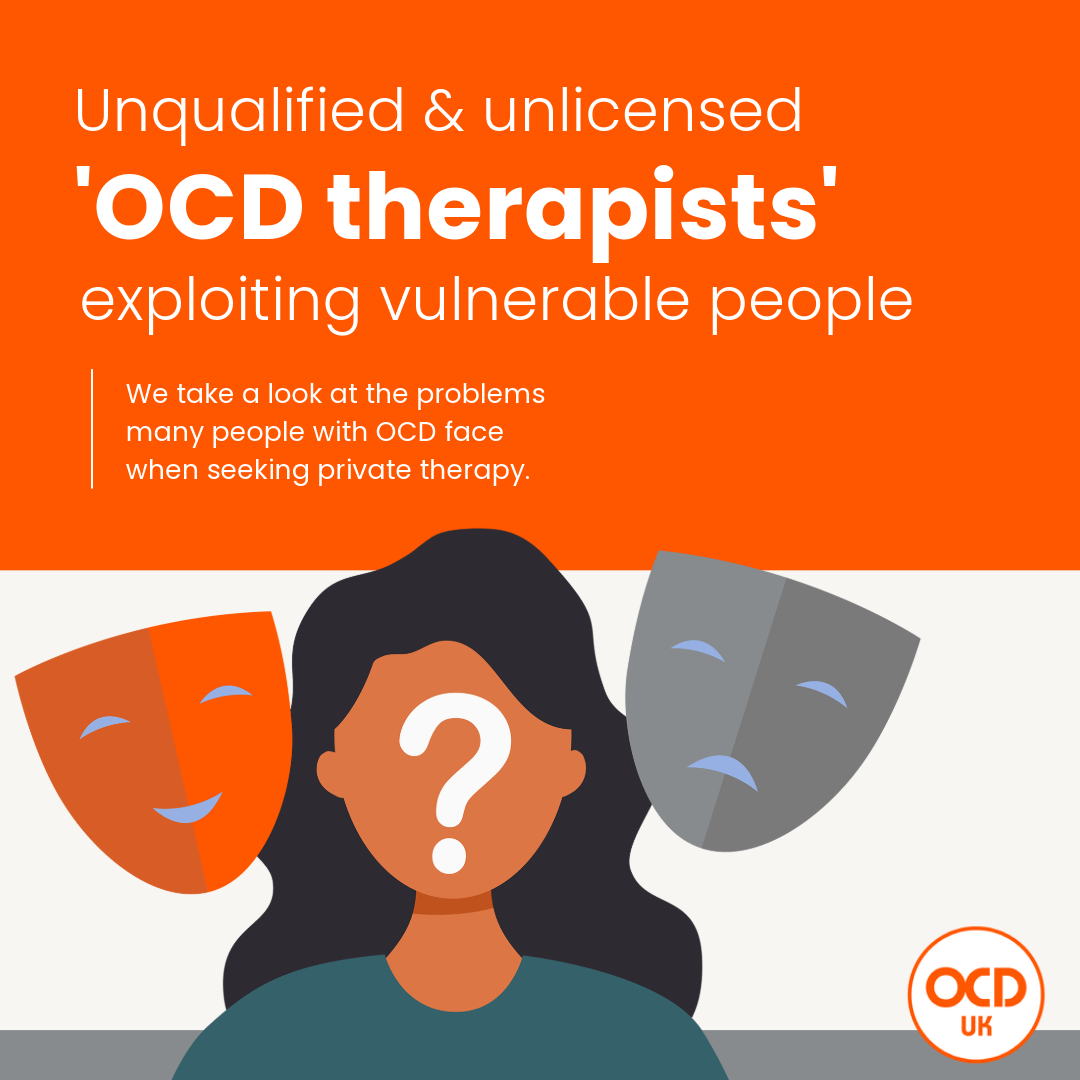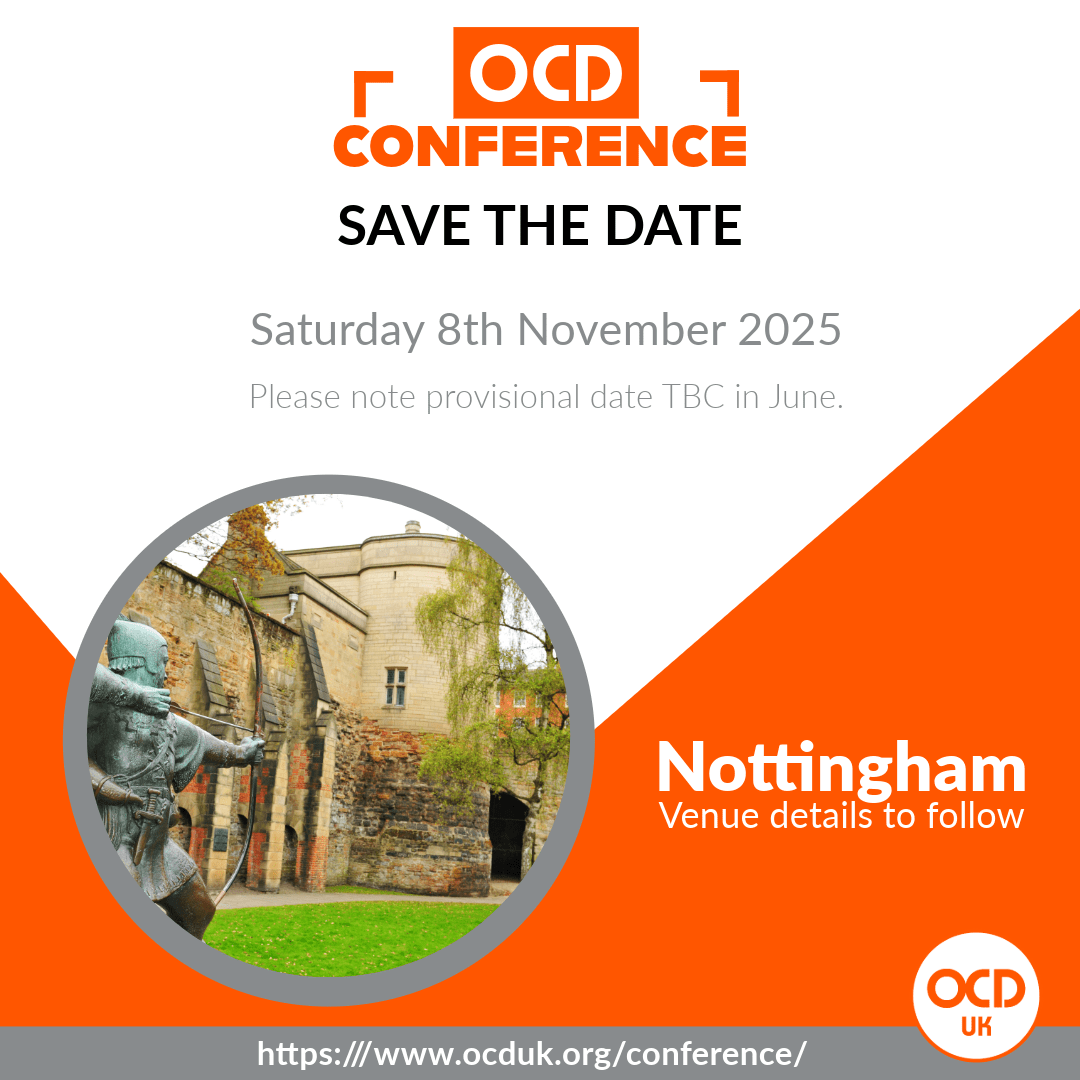 We’ve looked at the individual impact of OCD, but the social and economic impact of OCD should not be underestimated either.
We’ve looked at the individual impact of OCD, but the social and economic impact of OCD should not be underestimated either.
In fact, as mentioned earlier, in 1990 the World Health Organisation (WHO) ranked OCD in the top ten of the most disabling illnesses of any kind, in terms of lost earnings and diminished quality of life. The same report also suggested OCD was the fifth leading cause of disease burden for women aged 15-44 in the developed world.
In a new 2017 publication, the World Health Organization (WHO)’s ‘Depression and other common mental disorders’ report, list anxiety disorders as the sixth largest contributor to non-fatal health loss globally, and appears in the top 10 causes of YLD (years lost to disability) in all WHO regions.
In this report, OCD would be included with the ‘anxiety disorders’ category. The report goes on to state that the prevalence of anxiety disorders was that 4.2% of the UK population would be affected by anxiety disorders (2,557,430 people) and that related to burden of 3.5% (235,230 people).
OCD presents a considerable burden to the individual, their family, health services, and on society as a whole. The total cost accrued as a result of OCD is difficult to measure because it extends beyond treatment settings, but the NICE guidelines referred to one report which estimated that, on average, a person with OCD loses 3 years of income over their lifetime. If an OCD sufferer incurs losses of £483.04 for every week they are absent, this amounts to a total loss of £75,354 due to unemployment over this 3-year period, not including lost opportunities for career advancement and the cost to families and carers over their respective working lifetimes.
Obsessive-Compulsive Disorder, compared with other anxiety related disorders is associated with more marked social and work related occupational impairment. One US report suggested that the economic impact of OCD in the US was an estimated $8.4 billion in 1990, 5.7% of the estimated $147.8 billion cost of all mental illness, and 18.0% of the costs of all anxiety disorders, estimated to be $46.6 billion. The indirect costs of OCD, reflecting lost productivity of individuals suffering from the disorder, were estimated at $6.2 billion.
In a winder context, mental health problems, including OCD, are actually one of the main causes of the burden of disease worldwide, and it’s estimated that they account for 14% of global disease burden. In 2011, the Department of Health estimated that mental health problems here at home represented 23% of the UK national disease burden and in 2016 the Guardian reported that despite mental health problems accounting for 28% of the total burden of disease, they only get 13% of the NHS’s budget. More than eight million people in the UK suffer from anxiety disorders, including OCD.
70 million days are lost from work each year in the UK due to mental health problems, making it the leading cause of sickness absence.
The Centre for Mental Health found that in 2010 the total economic cost of mental illness in the UK was a staggering £105.2 billion, of which anxiety disorders, including OCD, cost £9.8 billion a year, that figure includes the costs of health and social care for people with mental health problems, lost output in the economy, for example from sickness absence and unemployment, and the human costs of reduced quality of life. In fact 70 million days are lost from work each year in the UK due to mental health problems, making it the leading cause of sickness absence.
Globally mental health problems constitute the largest single source of economic health burden in the world, with an estimated global cost of $2.5 trillion US dollars – greater than cardiovascular disease, chronic respiratory disease, cancer, or diabetes.
Despite the enormous health and economic burden that mental illness places on society, the funding for mental health research remains relatively limited, The Academy of Medical Sciences found that mental health research spending was only 5.5% of total UK health research spending in 2009/10. This is significantly less than the proportion spent on cancer, infection, neurological disease or cardiovascular disease. The European College of Neuropsychopharmacology highlights that, across the EU, neuroscience research receives just €465 million out of a total health research spend of €6 billion – that is just 8%.
The long-term social and economic costs are still likely to be greatly underestimated but this highlights the importance of providing early intervention and the highest quality of care and treatment for people with OCD, which is likely to be economically, not to mention morally, a much more cost effective solution to the social and economic impact of OCD.
What to read next:























